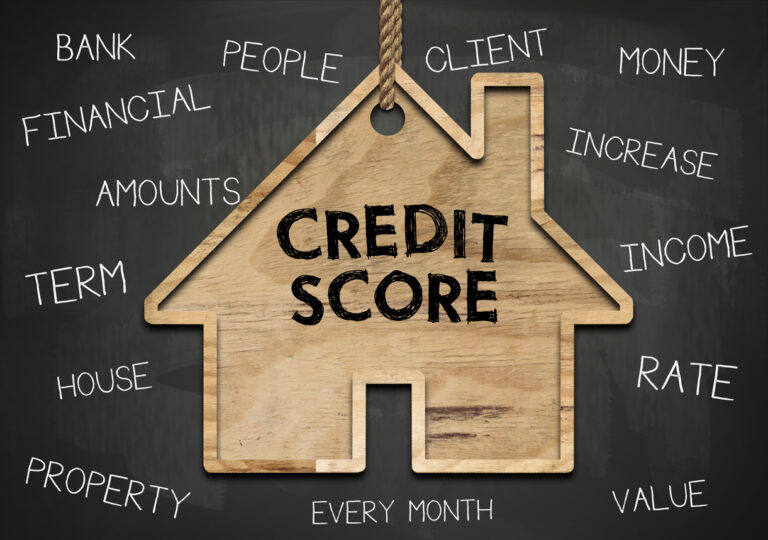
Recessions are part of the economic cycle—but they don’t have to derail your future. With proper planning and a resilient mindset, you can not only survive downturns but come out stronger.
Let’s break down what a recession is, how to recognize warning signs, and the smartest ways to safeguard your finances before the storm hits.
What Is a Recession?
A recession is a significant decline in economic activity across the economy, lasting more than a few months. It’s typically marked by:
- Rising unemployment
- Falling GDP
- Declining consumer spending
- Business cutbacks
Although uncomfortable, recessions are normal. They’ve occurred every 7–10 years historically.
The key is not to panic—but to prepare with logic and action.
Signs a Recession May Be Coming
Early warning indicators
- Inverted yield curve (bond market anomaly)
- Surging interest rates
- Slowing job growth
- Weakening consumer confidence
- Drop in manufacturing and housing activity
Staying aware of economic trends doesn’t require an economics degree—just a habit of watching patterns.
Step 1: Build (or Strengthen) Your Emergency Fund
Your financial buffer
Aim for 3–6 months of essential expenses saved in an accessible high-yield account.
In a recession:
- Jobs may be cut suddenly
- Freelance work may slow
- Health or family expenses can spike
An emergency fund gives you time and options—two things many don’t have in a downturn.
Step 2: Review and Adjust Your Budget
Cut waste before you’re forced to.
Focus spending on:
- Housing
- Food
- Insurance
- Debt payments
- Health
Cut or pause:
- Subscriptions
- Luxury purchases
- Frequent takeout
- Upgrades or big-ticket items
Budgeting = control and clarity, especially when income feels uncertain.
Step 3: Pay Down High-Interest Debt
Credit card debt becomes more dangerous during a recession—especially if interest rates rise.
Strategy:
- Pay down the highest-rate balances first (avalanche method)
- Consider consolidating into a lower-interest loan
- Avoid taking on new unsecured debt
Freeing yourself from high monthly obligations boosts your financial flexibility.
Step 4: Diversify Your Income
Recessions expose income vulnerability. If you rely solely on one job or client—you’re at risk.
Solutions:
- Start a freelance side hustle
- Sell digital products or offer a paid service
- Look into dividend investing or small-scale rental income
- Use skills to consult, tutor, or teach online
Even an extra $200–500/month can be a lifeline in tough times.
Step 5: Invest Wisely (Don’t Panic Sell)
Recessions = opportunity for investors
Markets often drop sharply during economic downturns—but they also rebound.
Smart investors:
- Keep investing through the downturn
- Dollar-cost average into index funds
- Focus on long-term holdings, not short-term fear
- Rebalance portfolios as needed
Avoid timing the market. Focus instead on time in the market.
Step 6: Strengthen Your Career Capital
Unemployment can spike in recessions. Make yourself less replaceable.
Tips:
- Learn new skills (especially digital or AI-related)
- Get certified in your industry
- Update your résumé and LinkedIn
- Strengthen your professional network
- Build a personal brand
Recession-proof careers often involve tech, healthcare, essential services, education, and skilled trades.
Step 7: Protect Your Credit Score
In tight times, your credit score affects:
- Loan approval
- Interest rates
- Renting or even job opportunities
Best practices:
- Pay at least the minimum on time
- Don’t max out cards
- Keep unused credit lines open
- Dispute errors regularly
A strong credit profile is a hidden asset during and after downturns.
Step 8: Evaluate Insurance Coverage
Make sure you’re protected against major financial shocks:
- Health insurance (even a basic plan is better than none)
- Renters or homeowners insurance
- Disability or income protection
- Life insurance (if you have dependents)
In recessions, out-of-pocket expenses can crush those who are underinsured.
Step 9: Stay Calm, Informed, and Focused
Avoid knee-jerk reactions. Fear is contagious during economic uncertainty.
Instead:
- Follow reputable financial sources
- Stick to long-term goals
- Check your finances monthly—not obsessively
- Don’t let headlines dictate your every move
Recessions are temporary. Smart habits are permanent.
Final Thoughts
You can’t control the economy—but you can control your response to it.
Preparing for a recession is less about fear, and more about proactive positioning:
- Build liquidity
- Eliminate toxic debt
- Strengthen income
- Stay invested
- Think long-term
When others panic, you plan. That mindset turns recessions into opportunities—not disasters.







